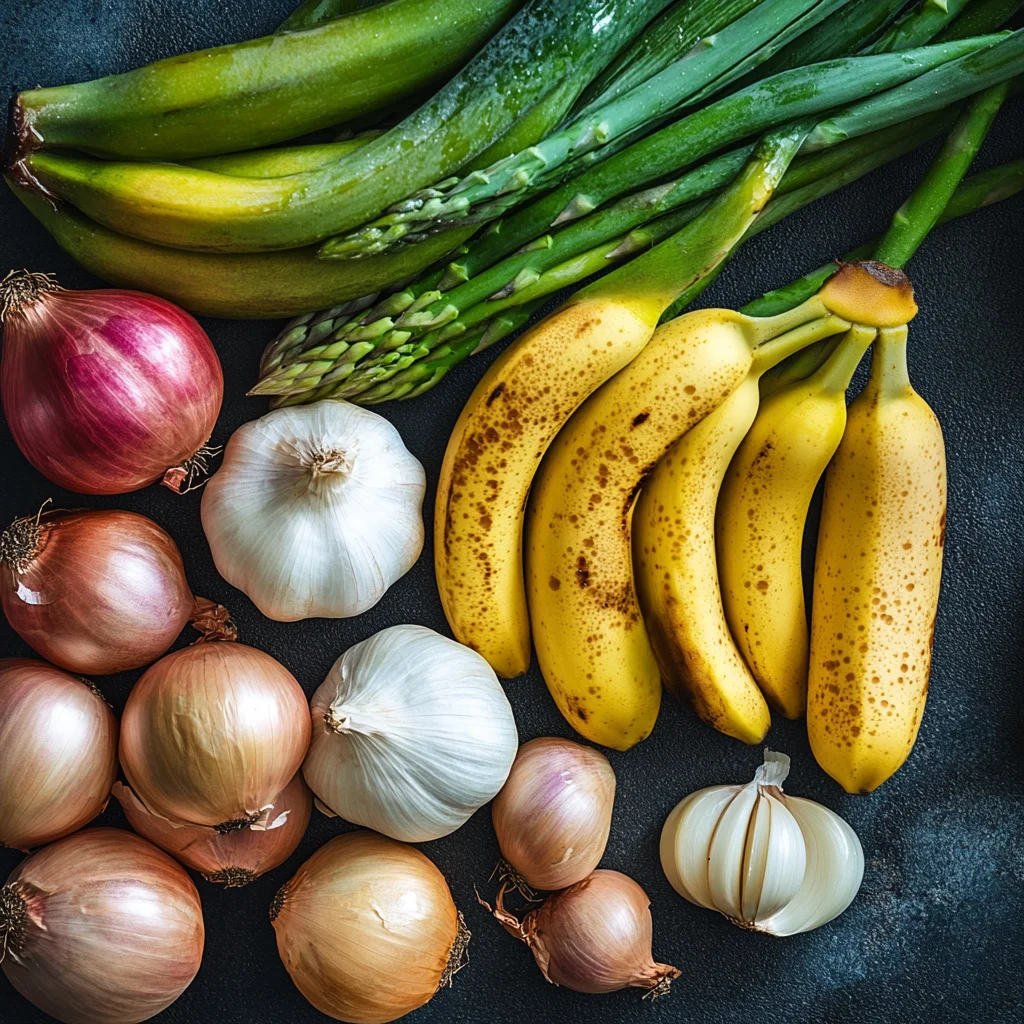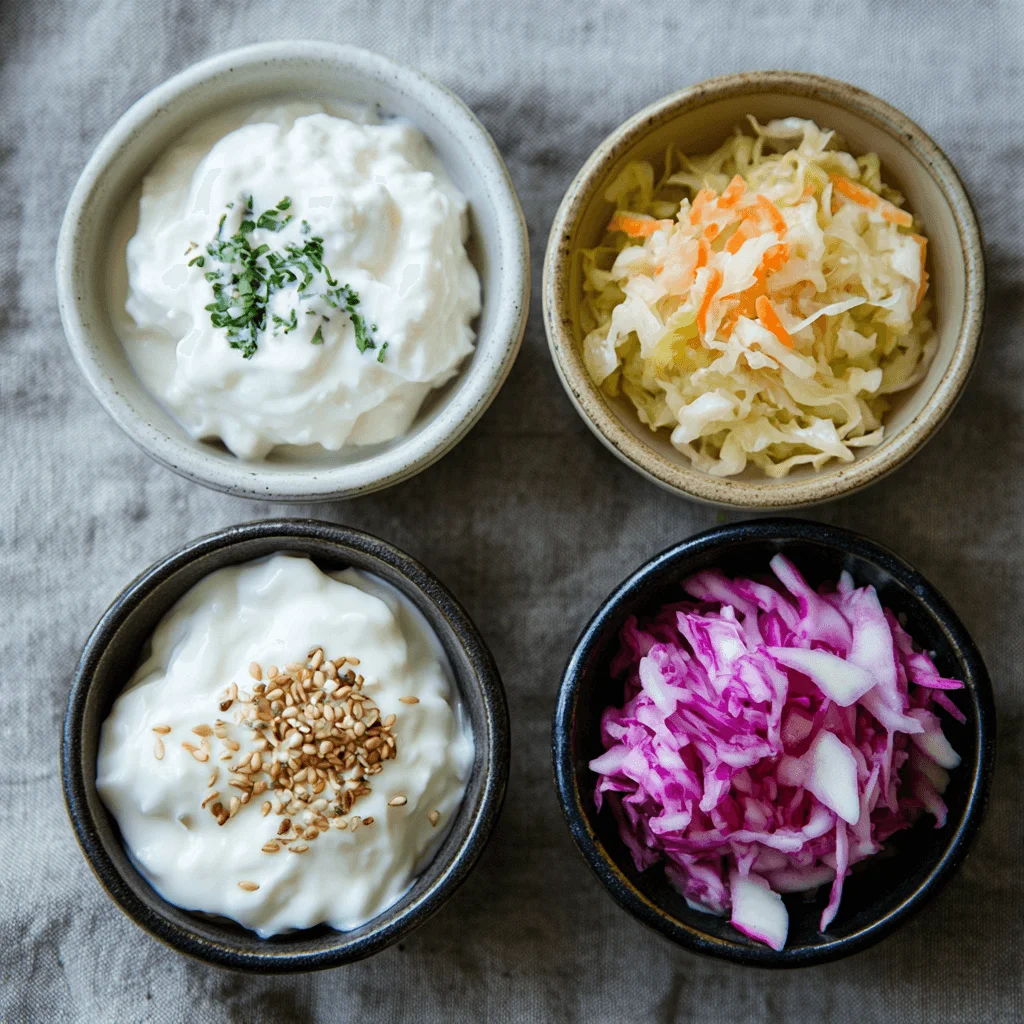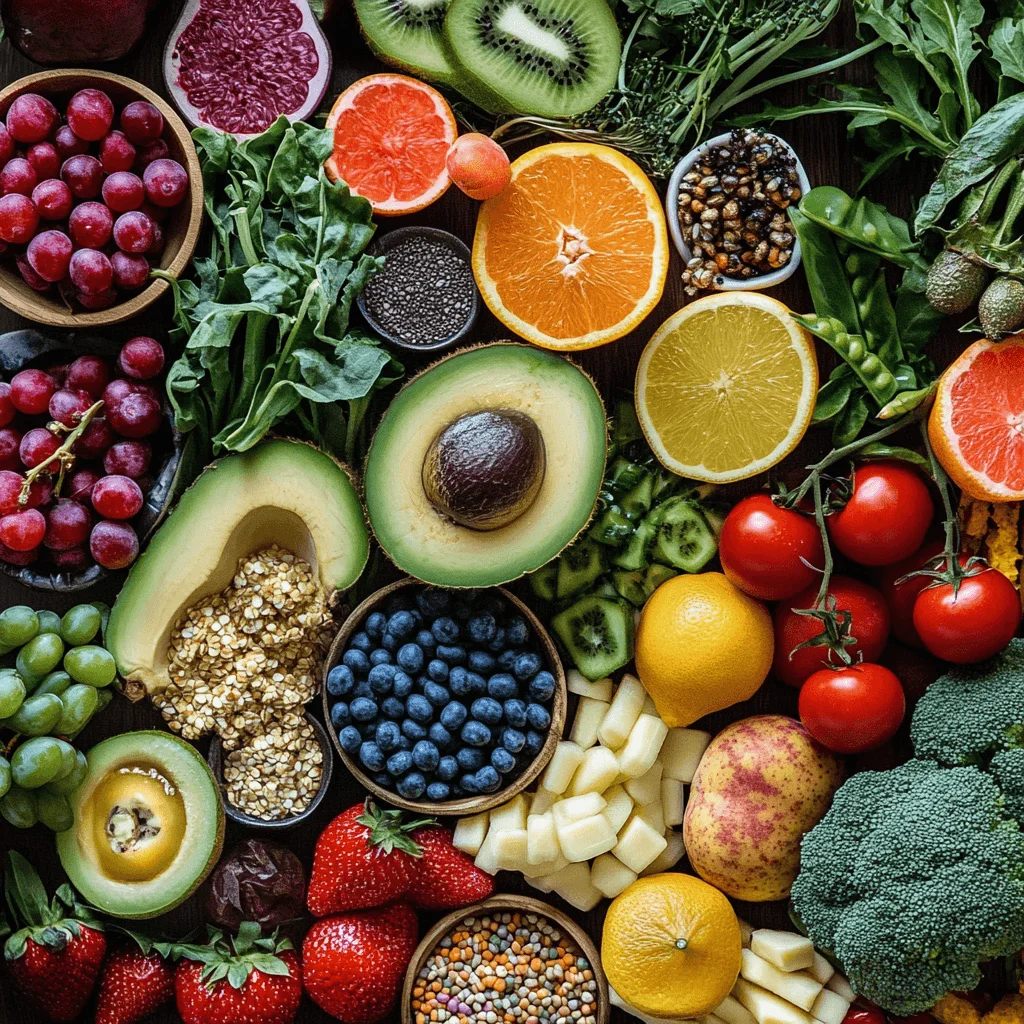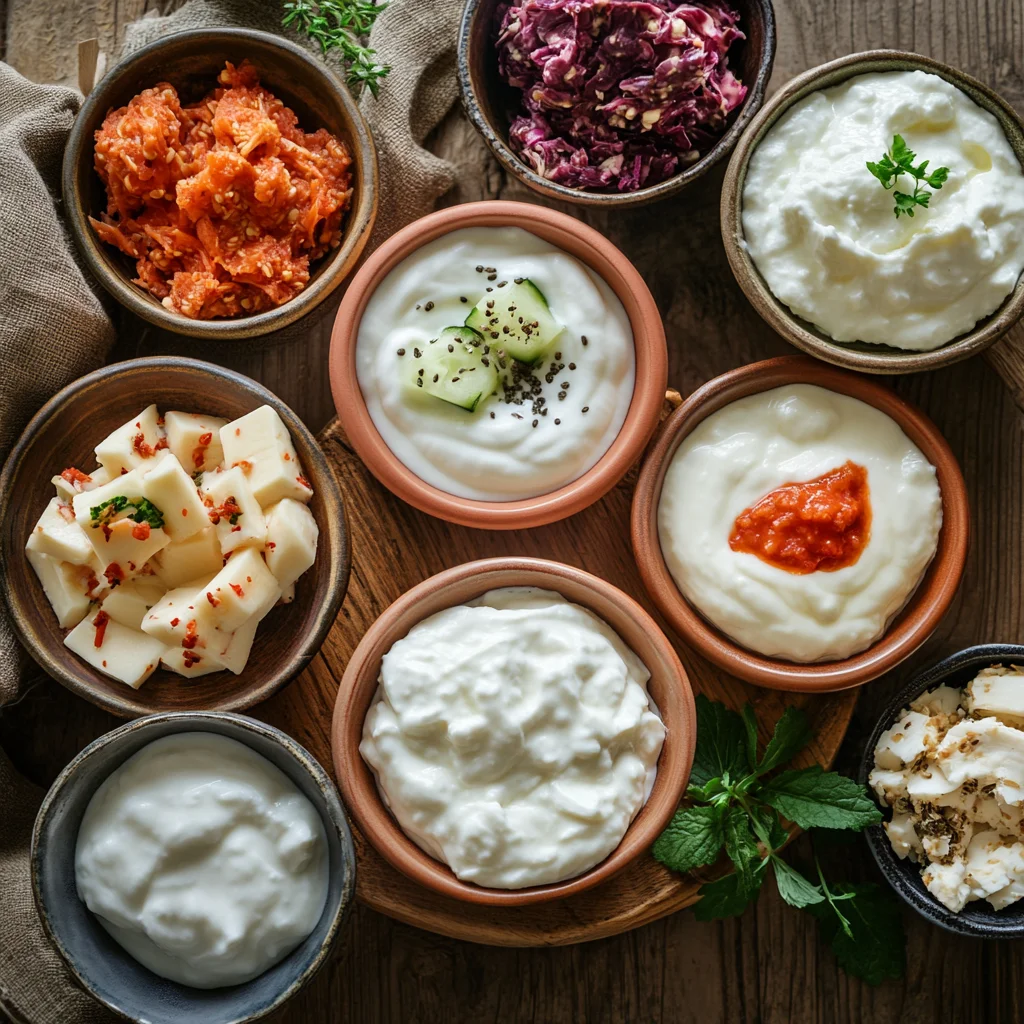Intro
A healthy gut is the foundation of overall wellness, as it influences digestion, immunity, and even mental health. However, due to modern lifestyles, poor dietary habits, and high stress levels, many people experience gut imbalances. As a result, issues like bloating, indigestion, and inflammation become common. Fortunately, there are effective ways to restore and maintain gut health naturally. In this guide, we will explore seven proven fixes that can help you achieve a healthier gut. Backed by scientific research and expert recommendations, these actionable strategies will not only strengthen your gut but also improve digestion. By following them consistently, you can support long-term wellness and feel your best every day.
For more information on gut health, check out resources like Harvard T.H. Chan School of Public Health and National Institute of Diabetes and Digestive and Kidney Diseases.

What Causes Poor Gut Health? (Understanding the Root Problems)
Imbalance in the Gut Microbiome
An imbalance in gut bacteria, known as dysbiosis, occurs when harmful bacteria outnumber beneficial ones. This imbalance leads to poor digestion, nutrient malabsorption, bloating, and inflammation. Factors contributing to dysbiosis include antibiotic use, processed foods, stress, and lack of fiber.
Processed Foods and High Sugar Intake
Processed foods often contain preservatives, unhealthy fats, and additives that harm gut bacteria. Refined sugars and artificial sweeteners feed harmful bacteria and yeast, exacerbating gut inflammation and weakening the gut lining, potentially leading to “leaky gut syndrome.”
Chronic Stress and Poor Sleep
Stress directly affects the gut-brain axis, impacting digestive functions. Chronic stress increases cortisol levels, weakening gut barriers and causing digestive symptoms like bloating and constipation. Poor sleep further disrupts gut microbiome diversity, impairing overall gut health.
Lack of Fiber and Prebiotics
Fiber and prebiotics are essential for nourishing beneficial gut bacteria. Low-fiber diets starve these bacteria, reducing their numbers and leading to slower digestion and constipation. Foods rich in prebiotics, like garlic, onions, and bananas, support a thriving gut environment.

Fix #1 – Eat Gut-Healing Foods Daily
Probiotic-Rich Foods
Foods like yogurt, kimchi, sauerkraut, and kefir contain probiotics that introduce beneficial bacteria into your gut. Regularly consuming these helps restore balance, enhance digestion, and strengthen immunity.
Prebiotic Fiber for Healthy Gut Bacteria
Prebiotic-rich foods such as bananas, asparagus, onions, garlic, and oats feed and promote the growth of beneficial bacteria. They also produce short-chain fatty acids, reducing inflammation and strengthening gut barriers.
Anti-Inflammatory Superfoods
Superfoods like turmeric, ginger, leafy greens, chia seeds, and blueberries reduce gut inflammation, supporting digestion and nutrient absorption. Including these regularly promotes long-term gut health.
For a more detailed list of gut-friendly foods, visit Cleveland Clinic’s Guide to Probiotics.
Fix #2 – Avoid Foods That Harm Gut Health
Cut Out Processed and Fried Foods
Processed and fried foods contain unhealthy fats, preservatives, and additives that increase gut inflammation and harm beneficial bacteria. Reducing their intake can significantly improve gut health.
Reduce Artificial Sweeteners and Refined Sugars
Artificial sweeteners like aspartame and refined sugars disturb the gut microbiome, promoting harmful bacteria growth. Limiting their intake prevents bloating and gut inflammation.
Limit Alcohol and Dairy (if Intolerant)
Alcohol consumption disrupts gut flora, increasing permeability and inflammation. Dairy can cause digestive distress for lactose-intolerant individuals. Moderation or elimination can drastically improve symptoms.
Learn more about gut-disrupting foods from Johns Hopkins Medicine.

Fix #3 – Support Your Digestion with Lifestyle Changes
Manage Stress and Prioritize Sleep
Stress management through meditation, yoga, or breathing exercises reduces cortisol, benefiting gut health. Quality sleep allows the gut to repair itself, supporting overall digestive wellness.
Stay Hydrated for Better Digestion
Water aids digestion by breaking down food efficiently and maintaining smooth gut motility. Staying well-hydrated prevents constipation and supports gut health.
Eat Mindfully and Chew Your Food Properly
Mindful eating involves slow, intentional eating and thorough chewing. This enhances nutrient absorption, reduces digestive stress, and promotes overall gut wellness.
For practical stress-reduction techniques, visit Mayo Clinic’s Guide to Stress Management.
Fix #4 – Optimize Your Diet with Gut-Friendly Supplements
Probiotic Supplements for Gut Balance
Probiotic supplements restore gut balance quickly, especially beneficial after antibiotic treatments or gastrointestinal illnesses. Choose strains like Lactobacillus and Bifidobacterium for best results.
Digestive Enzymes for Better Food Breakdown
Supplements containing digestive enzymes like bromelain and papain assist in breaking down food, reducing bloating, gas, and indigestion, especially after heavy meals.
Collagen and Bone Broth for Gut Lining Repair
Collagen and bone broth provide essential nutrients like amino acids, which repair the gut lining, reduce inflammation, and strengthen gut integrity, addressing issues like leaky gut.

Fix #5 – Establish a Long-Term Gut Health Routine
Follow a Whole-Food, Fiber-Rich Diet
Adopting a diet rich in whole foods, fruits, vegetables, legumes, and whole grains ensures adequate fiber intake, promoting regularity and gut bacterial diversity for optimal digestion.
Exercise Regularly to Improve Gut Motility
Regular physical activity improves digestion, enhances gut motility, and increases beneficial bacteria diversity, reducing gut inflammation and digestive issues.
Track Your Gut Health and Adjust Accordingly
Keeping a food and symptom journal helps identify triggers causing gut discomfort. Regularly reviewing your notes allows for personalized adjustments, ensuring continual gut health improvement.
Conclusion
Improving gut health is not an overnight fix but a long-term commitment. By incorporating gut-healing foods, avoiding harmful ones, making lifestyle changes, and using gut-friendly supplements, you can significantly strengthen your digestion. Small, consistent changes make a big difference in your overall well-being.
For additional reading on maintaining gut health, explore WebMD’s Guide to Digestive Health.
Which of these fixes will you try first? Let us know in the comments below!

